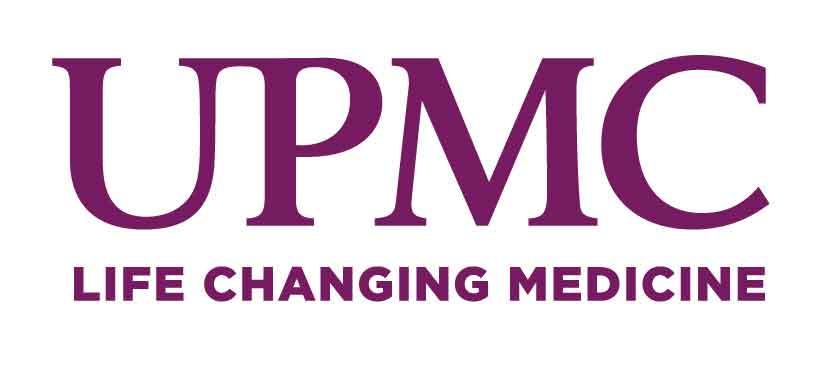UPMC: UPMC Heart and Vascular Institute is First in U.S. to Use Coronary Drug-Coated Balloon as Potential Therapy for Patients with In-Stent Restenosis
UPMC Heart and Vascular Institute at UPMC Harrisburg enrolled the first patient in the U.S. in the AGENT investigational device exemption (IDE) trial, which will evaluate the safety and effectiveness of the AGENT™ Drug-Coated Balloon™ (DCB) in patients with coronary in-stent restenosis (ISR).
Coronary stenting, in which a stent is inserted into a coronary artery to restore blood flow to the heart, continues to show a substantial improvement in symptoms and quality of life for patients with coronary artery disease. However, in 10 to 15% of patients, the stented section of the artery may become obstructed or narrowed by scar tissue, leading to a condition known as ISR. Percutaneous coronary interventions (PCIs) address this issue by inserting and layering additional stents and/or radiation therapy, both of which introduce potential safety risks for patients.
William Bachinsky release“In-stent restenosis that occurs in some patients after the initial coronary stent procedure often results in recurrent symptoms and significant events including heart attacks,” said site principal investigator, William Bachinsky, M.D., F.A.C.C., F.S.C.A.I., chairman, cardiovascular research program, UPMC. “The AGENT DCB provides a potential new approach to reopening the vessel and reducing the risk of ISR reoccurrence without adding more stents or treating the vessel with radiation therapy, which has been used in the past.”
Anay Pradhan release“We are pleased to be part of this study, which could represent a paradigm shift in how we treat patients with coronary artery disease,” added Anay Pradhan, M.D., director, complex higher-risk intervention program, UPMC. “Participating in clinical trials like the AGENT IDE allows UPMC Heart and Vascular Institute to offer cutting-edge treatments that would not otherwise be available in central Pennsylvania.”
The AGENT DCB is a percutaneous transluminal coronary angioplasty balloon that is coated with an anti-restenotic drug and delivered via a proprietary coating technology. The balloon is designed to open narrowed vessels and then transfer the drug to the vessel wall. This technology was granted Breakthrough Device designation by the U.S. Food and Drug Administration earlier this year, a status intended to provide patients more timely access to novel devices that may provide a substantial improvement over existing therapies. In the U.S., the AGENT DCB is an investigational device and not available for sale.

